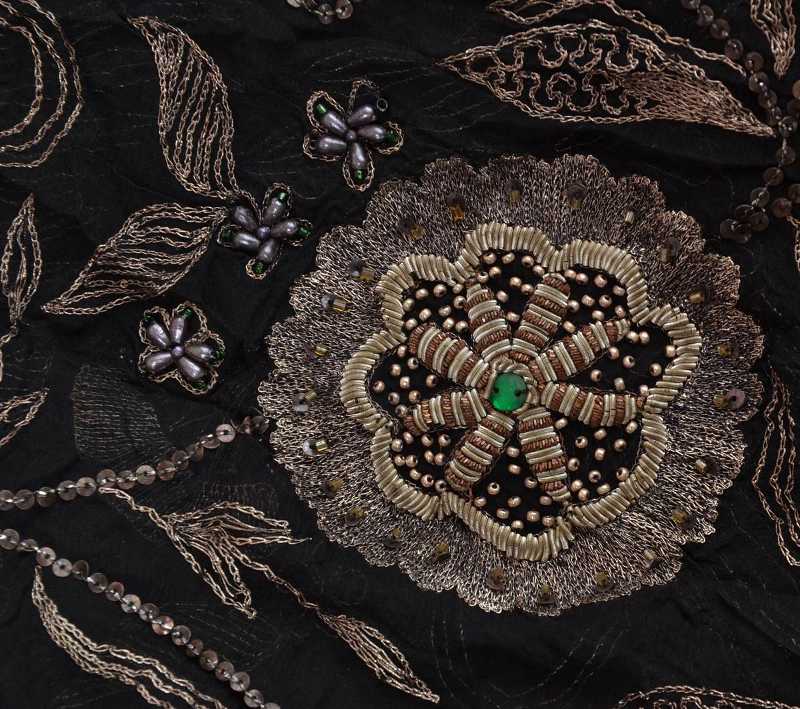===
0307,
2
===

=== |
 |
niyaaz : 'Petition, supplication, prayer; —inclination, wish, eager desire, longing; need, necessity; indigence, poverty; —a gift, present; —an offering, a thing dedicated'. (Platts p.1164)
FWP:
SETS == GRANDIOSITY
MOTIFS
NAMES
TERMS == MUSALSAL; VERSE-SETThis is the second of five 'continuous' verses that form an unofficial verse-set; for discussion see {307,1}.
To call the 'handful of dust' the masjuud is a nice touch, because it is then literally the 'receiver of prostrations'. Prostrations are done by falling flat on the ground (which is made of dust). So we, the 'handful of dust' (being made of dust, like all children of Adam), fall down flat in the dust in order to pay tribute to our dust-handful selves.